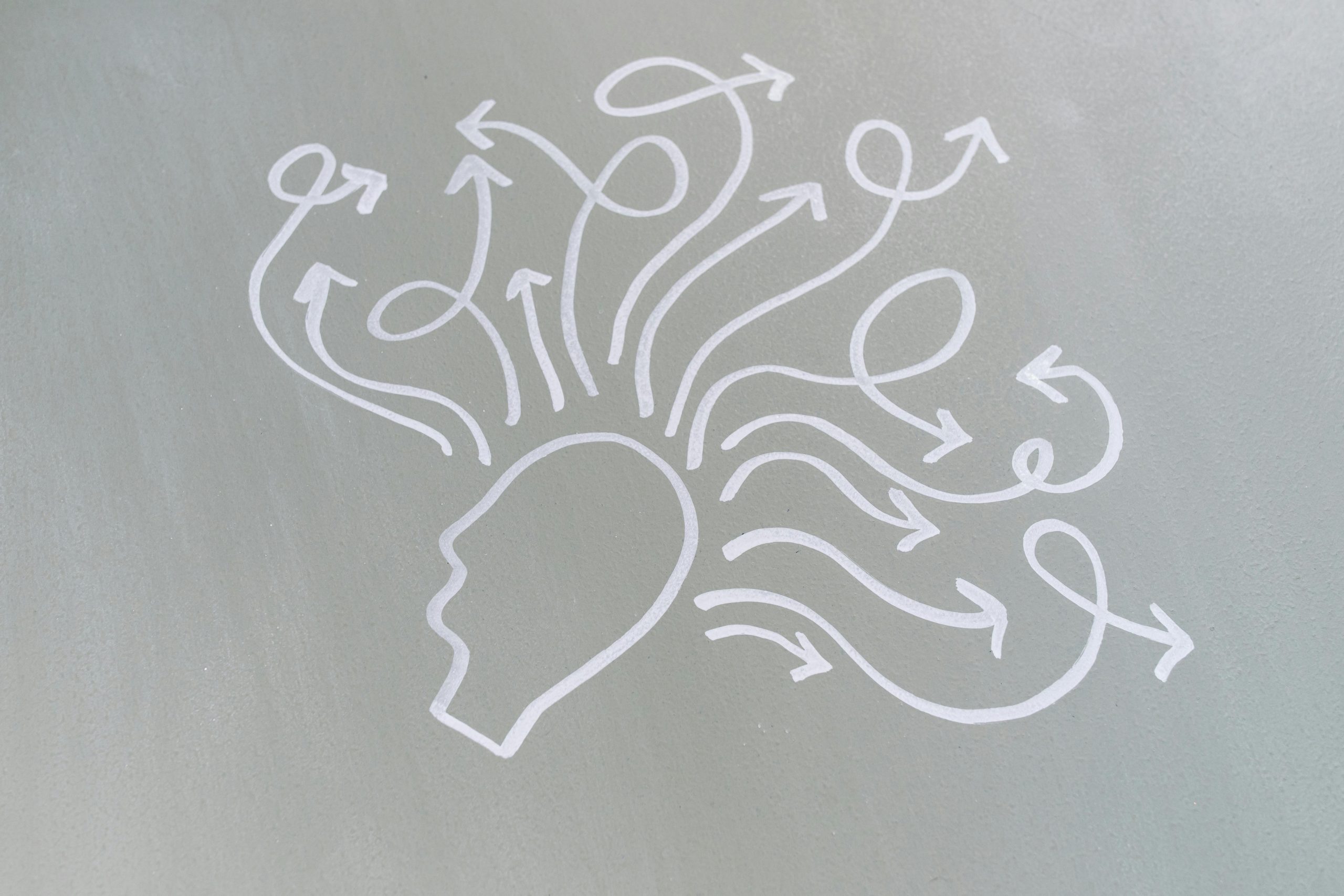The stress response is an intricate and innate feedback mechanism vital for survival in times of emergencies. It is best when activated sparingly so that the body can quickly return to a state of balance.
However, when the body is in a state of sympathetic dominance or ‘fight or flight’ for extended periods this chronic stress can have detrimental repercussions including sleeplessness, anxiety, irritability, digestive issues, poor immunity, mood disorders and disease states.
Maintaining a healthy stress response and quickly returning to parasympathetic ‘rest and digest’ mode is necessary for overall health and well-being plus good quality sleep.

Mechanism of action
The sensory nerves detect environmental stress and regulate the HPA axis by providing a neuroendocrine link between perceived stress and physiological reactions to stress.
Soon after the initial ‘run from danger’ release of hormones such as epinephrine and norepinephrine as a response to the perceived stress the adrenals produce cortisol, which releases glycogen from the liver and muscles for fast glucose fuel for energy.
Blood sugar imbalances may lead to cravings for unhealthy food and drink choices to cope with daily stress. In turn this can make it challenging to maintain a healthy weight, potentially leading to more stress and cortisol release.
Choices made in the day can impact how you sleep that night.
Upon waking, cortisol levels usually increase quickly and gradually drop throughout the day. With HPA axis dysregulation, cortisol levels can remain high until evening, and this can disrupt sleep – leading to a vicious cycle of stress, sugar and caffeine dependence.
The consumption of alcohol can give the impression of unwinding and sleepiness. Due to increased GABA levels, it is possible to fall asleep initially, but REM sleep is suppressed which is crucial for emotional processing, healthy mood and cognition. As alcohol is metabolised, it can become stimulating to the brain and leads to sleep disruptions and restlessness later in the night.
The latest research on anxiety and stress-related issues has focused on GABA and the ability of certain probiotic strains (psychobiotics) to support healthy neural cytokine activity and healthy levels of serotonin – making the microbiome a critical component of overall mental and emotional wellness.
Identifying stressors to find the best recommendations
Stressors can often result in universal emotions of grief, sadness or fear; however, these are not restricted to life changing events such as a death of a loved one or job loss, etc. Any situation or underlying thought process has the potential to be stressful if not acknowledged and dealt with.
It is also vital to address other stressors or factors that can burden cells such as chemicals in processed foods, imbalanced macronutrient intake, micronutrient deficiencies, high toxic loads from nicotine and environmental pollutants, heavy metal exposure, leaky gut, compromised microbiome, inflammation/pain, hormonal imbalances, inadequate/excessive exercise and shallow breathing.
The nervous system and HPA axis can be supported no matter what the stressor is.
Nurture your nervous system*
The healthy function of the nervous system relies heavily on the intake of essential nutrients via diet or supplementation. Among these vital nutrients, magnesium plays a crucial role. It is essential for transmitting nerve signals and preventing excessive excitation that can lead to the death of neuronal cells. Notably, magnesium L-threonate crosses the blood-brain barrier, providing specialised support for neurological functions. Magnesium glycinate supports sleep by calming the nervous system, thanks to the presence of glycine. Additionally, magnesium citrate supports the Krebs cycle, thus contributing to energy production.
B vitamins are also essential for the nervous system. They support nerve endings, neurological health, stress response, hormonal balance and detoxification processes.

For further support, check out our FxMed Stress Solutions Booklet on our Resources Hub and the webinars available in the Neurological and Nervous system category on FxLearn.
References available on request.
Share:
Related Posts

Why Would I Test Positive To Foods On A Dietary Antigen Test That I Don’t Eat?
Written by Precision Point Diagnostics | 2025 True food allergies are when the body develops antibodies against a particular food, or a related food. Patients

Mitochondria: The Overlooked Link in the Gut-Brain Axis
Written by Dr Sarah Daglis | 2025 The gut-brain axis is well-established, but there’s more to this dynamic relationship than meets the eye. A vital

Unlocking Respiratory Resilience Through Functional Medicine
Article written by Dr Michelle Clark Naturopathic Doctor Clinical Education Manager, FxMed Published 1 September 2024 People take supplements to improve or optimize their health.

AHCC: Unlocking the Immune Intelligence of Shiitake Mycelia
Article written by Jessica Sanders BSc. (Psy), Dip Nat, Dip Med Herb Technical Projects, FxMed Published 1 September 2024 People take supplements to improve or

Life After Weight Loss Meds
Kathi Head, ND February 20, 2025 You would have to have been spending glorious hours lying on the beach on a desert island not to


